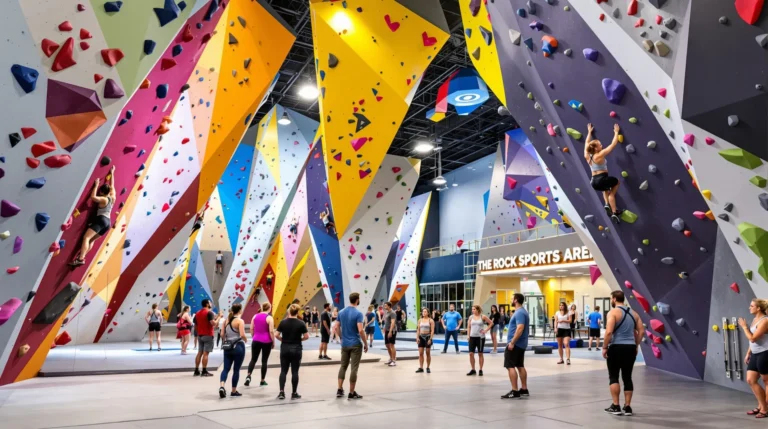There are a lot of different things you can yell in karate. Let’s see what some do!
Yay, one and two punch combinations!
One and two punch combinations.
The “karate kiai meaning” is the shout that students yell while performing a karate kick. It means “ki-ai”, which translates to “spirit of life”.
Kiai (Japanese:??, /kia?/) is a Japanese name for the brief cry heard while executing an aggressive motion in martial arts. It may also be used as a type of oxygen for self-defense. Single syllables starting with a vowel are often used in traditional Japanese dojo.
Why do you shout in martial arts, in this regard?
In Taekwondo, we yell for a variety of reasons. KI-HAP is a rapid, sharp shout that is done by exhaling forcefully from the lower stomach while using your diaphragm. Kihaping serves a variety of functions. Because yelling forces you to exhale, kihaping aids in the regulation of your breathing.
What does Kiai stand for? Kiai is a proclamation of your battling spirit, your inherent will to win under difficult conditions. This may be done for a variety of reasons, including intimidation, self-assurance, rallying (the warcry was basically a type of kiai), and so on.
Taking this into account, why do people in karate pronounce Kiai?
They are one-of-a-kind for each practitioner. Single syllables starting with a vowel are common in traditional Japanese Dojo. The term “kiai” isn’t really spoken. Thekiai was originally used to surprise, frighten, exhibit confidence, or declare triumph in Japanese martial arts.
What exactly is hey yah?
Hi-yah is a kiai, which is a Japanese phrase for the cry intended to startle an opponent or adversary before attacking or punching them. It’s derived from martial arts like judo and karate.
Answers to Related Questions
What exactly is Hiyah?
The notion has become a well-known aspect of Asian martial arts in popular culture, particularly in martial arts films, with Hi-yah!, Aiyah!, Eeee-yah!, and Hyah! being common variations. The name is a combination of ki (Japanese:?) and a(u) (Japanese:? ), which means “energy” or “mood.”
What do karate students have to say about it?
Bow to the teacher, “Sensei ni rei!” When bowing, you may say “onegaishimasu,” which basically translates to “Please,” as in “teach me,” “assist me,” “hold class,” and so on.
Is it true that shouting makes you strike harder?
The Sound That Will Boost Your Strength by 7 Percent. Here’s something to be proud of: According to Iowa State University experts, a brief cry or grunt before an activity will boost strength. This might be true for other sports that need explosive strength, such as powerlifting or shotputt.
What do those who practice karate name themselves?
A “karateka” is a person who does Karate. Gichin Funakoshi, Yoshitaka Funakoshi, Shigeru Egami, Masutatsu Oyama, and FumioDemura are all well-known Karateka.
Did you know that the sound martial artists produce when practising karate has a name? It’s often heard in movies and sounds like someone is shouting?
The yelling, known as kiai, is said to serve a variety of objectives.
Did you know that the sound martial artists produce when practising karate has a name?
Jabariya Jodi is the answer.
4) Did you know that the sound martial artists produce when practising karate has a name? It’s often seen in films and sounds like someone is yelling hastily.
In karate, why do they bow?
Bowing is a symbol of respect and humility amongst people. A martial artist may bow in a variety of situations. When someone bows upon entering a Wing Chun kwoon (training area), they aren’t just going through the motions. Bowing in the martial arts may be used to express gratitude as well as respect.





